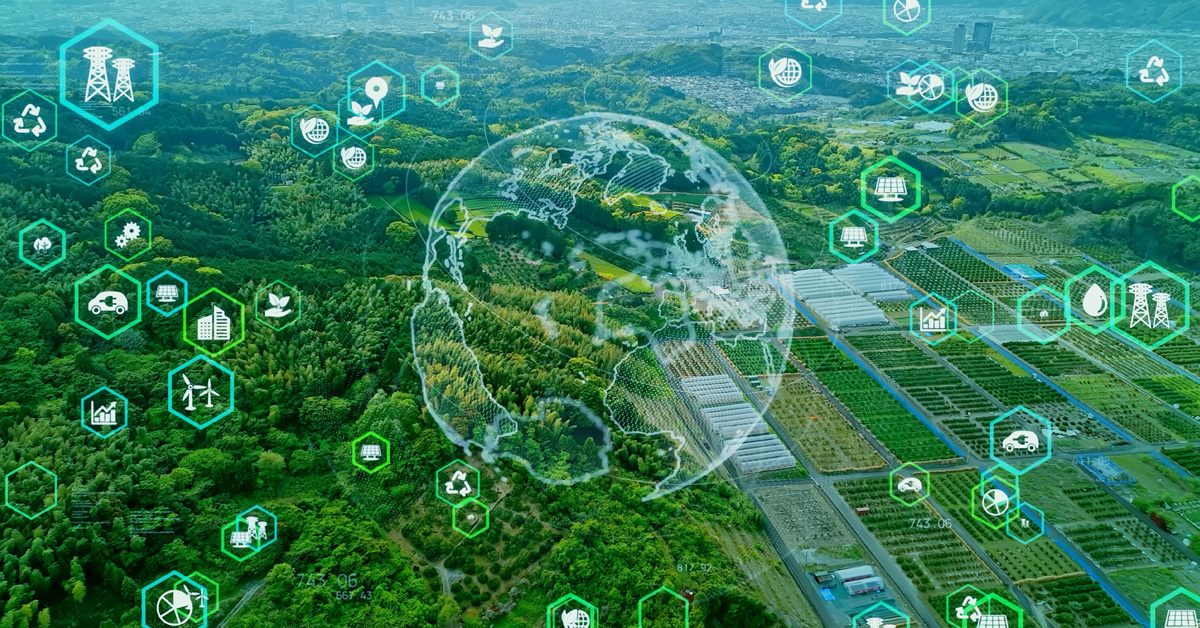Towards a Net – Zero Industry through the application of “Net-Zero Industrial Act”

The dawn of a new era for the industry might be in sight as the world is now entering an era of green production, through the application of clean technologies. It’s about a collective action in which almost all the major economies combine their policies on climate, energy security and clean industrial production. Such actions are the “Green Transition” which was recently established in Japan, India’s PLI scheme (Production Linked Incentive Scheme), and the Inflation Reduction Act (IRA) of 2022 as proposed by the United States of America. The IRA creates uncertainties regarding the direction of US trade and foreign policy while at the same time the massive package of subsidies that fall under this law cause enormous concern in the EU. The EU worries over the possible movement of their members to US soil. The EU, following the US initiatives, on March 2023, proposed the implementation of the “Net – Zero Industry Act” legislation (NZIA), seeking to scale up the adoption of clean technologies by member states and to ensure that the EU is properly prepared for the implementation of this transition.
The Net – Zero Industrial Act belongs to “The Green Deal Industrial Plan”. An appropriately adapted to industry plan that aims to strengthen the objectives of the European Green Agreement for climate and energy until 2030, with the ultimate goal being the achievement of climate neutrality (of the European Union) by 2050. The NZIA, consider to be a major act for the EU as it promotes and enhances the use of clean technologies in production supporting the transition to cleaner energy with extremely low or even zero greenhouse gas emissions (known as green transition). According to the president of European Commission, Ursula von der Leyen, the NZIA will set the regulatory environment to achieve a rapid transition to clean energy and create the best conditions in specific sectors to meet the goal for zero emissions by 2050.
SUGGESTED SEMINARS ON ENERGY AND ENVIRONMENT (IN GREEK)
11/10/2023 - Εφαρμογή της Κυκλικής Οικονομίας στις Επιχειρήσεις
03/11/2023 - Εναλλακτικά Καύσιμα: Τεχνολογίες παραγωγής και χρήσης υδρογόνου
23/11/2023 - Ανθρακικό αποτύπωμα: απογραφή και διαμόρφωση σχεδίου δράσης στις επιχειρήσεις
08/12/2023 - Αποθήκευση Ενέργειας: Τεχνολογίες Αποθήκευσης και ο Ρόλος τους για την Ενεργειακή Μετάβαση
The NZIA proposal creates the necessary conditions to facilitate investments in green / clean production technologies and ease the implementation of those by the producers. The law also covers the products, components and equipment that are necessary to manufacture the technologies that will transform the existing industry to a net – zero industry.
The proposed legislative proposal “Net – Zero Industrial Act” is based on the following pillars:
Facilitating Investments: Reducing the Administrative burden of investments, simplifying permit-granting processes – priority to strategic projects while the maximum licencing period will not exceed the period of 12-18 months.
Accelerating CO2 capture: 50 Mt CO2 by 2030.
Ensuring Access to Useful Information.
Facilitating Access to Market: Easier access to public contracts and auctions / tenders and to schemes that aim to support private demand from consumers. Integrating sustainability and resilience criteria. Cultivating steady public demand for zero – emission technologies by providing financial incentives to business.
Enhancing Skills for Quality Job Creation: specialised work force, European Academies specialised in clean technologies for a zero-emission industry, reskill and upskill courses.
Encouraging and Promoting Innovation: Promoting and supporting innovative ideas in a controlled environment through sandboxes – a priority for small and medium-sized enterprises.
The “Net – Zero Industry Act” emphasises the importance of clean technologies and energy sources from renewable resources to achieve climate neutrality while at the same time it promotes technologies and actions that exempt the industry from carbon emissions: Solar photovoltaic and thermal technologies, Onshore wind and offshore renewable technologies, Battery/storage technologies, Heat pumps and geothermal energy technologies, Electrolysers and fuel cells, Sustainable biogas/biomethane technologies, Carbon capture and storage (CCS) technologies, Grid technologies, and many others related to zero – emissions industry.
The contribution of the proposed legislation may be of great importance and can lead to a new era, free of the pollutants that today characterise almost all production processes while at the same time it may improve the competitiveness of European industrial production.
Share:
Διαβάστε Επίσης
Η Tencent σχεδίασε τρεις βασικούς μηχανισμούς για να ενισχύσει την εμπιστοσύνη:
What would have happened if ethical leadership—not cost- or corner-cutting—had been the priority?
 Ελληνικά
Ελληνικά  English
English


